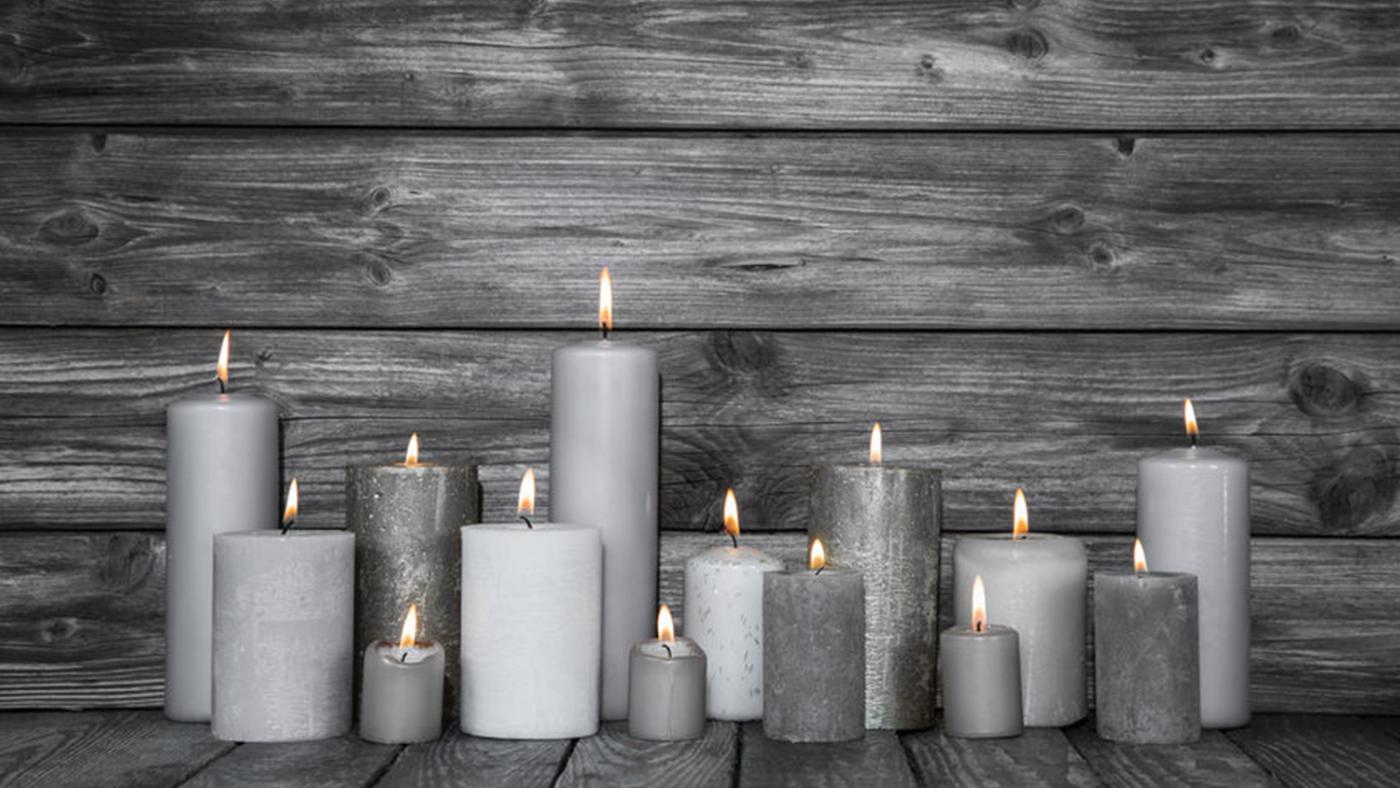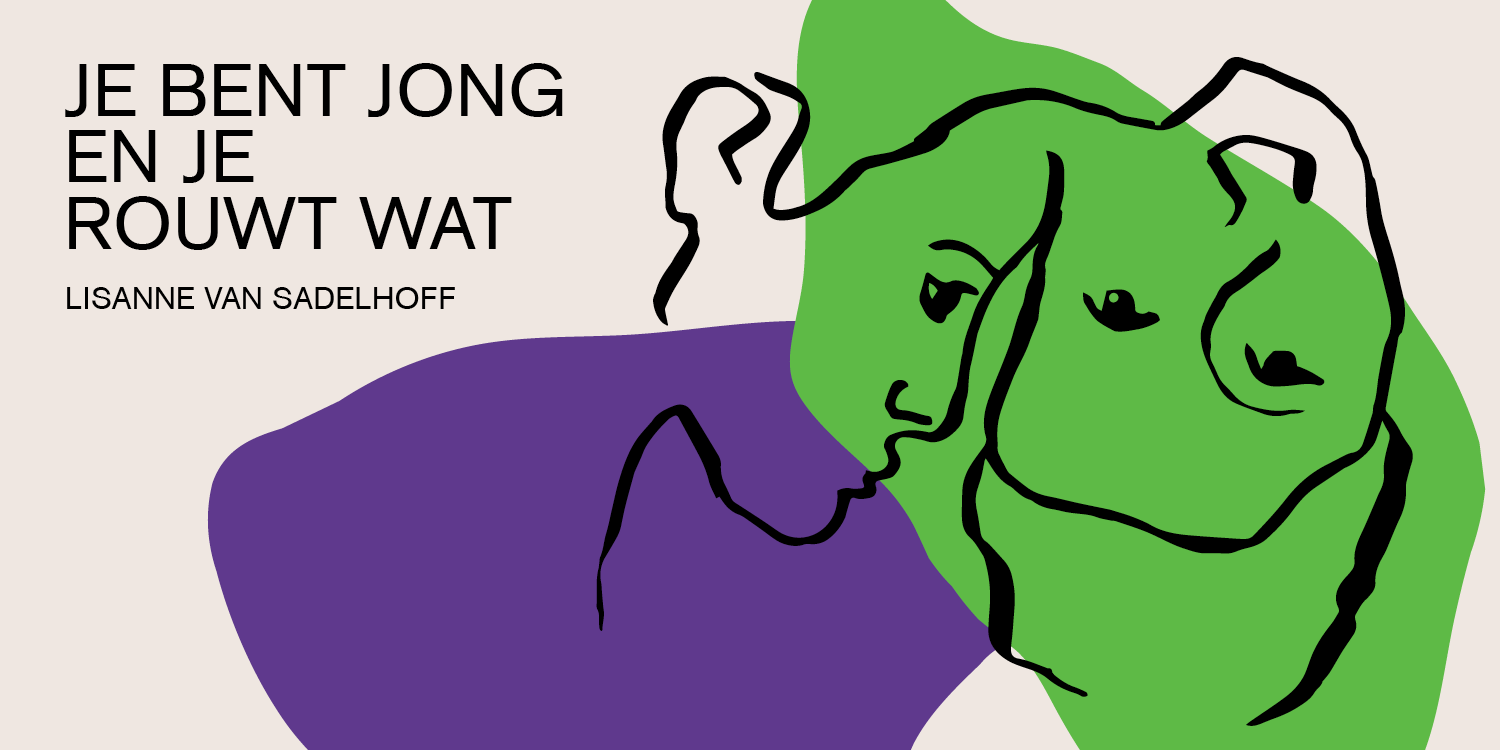There’s no space for grief when you’re in your twenties

I read Je bent jong en je rouwt wat (you’re young and you mourn some), a debut by Lisanne van Sadelhoff that appeared in February. Van Sadelhoff (30) studied at the Utrecht School of Journalism, and subsequently earned a degree in Dutch at Utrecht University. In her book she writes about her mother, Paola, who is diagnosed with cancer and subsequently passes away, but what matters most in the book is the period after Paola’s death. You read how Van Sadelhoff, like a mama’s girl without a mother, and as a social butterfly, struggles to go on with her life.
You mourn some
Many passages in Van Sadelhoffs book are recognisable to me, and that is not strange. I lost my father to cancer last year, when I was 23 years old. And if you’re dad dies, you mourn. That’s a fact. Everyone knows this. But how you are supposed to mourn, or what it precisely means, that is something both Van Sadelhoff and I still don’t know. Grieving is not something you do, you finish, and then be done with it, something that words like ‘grieving process’ or ‘stages of grief’ indicate. You go through the stages. Then you’re finished. Then you’ve grieved.
Even though both Van Sadelhoff and I don’t know exactly what we are doing, her grieving process is often quite similar to mine. I have also cried in trains many times, because I don’t know anyone there, and I was in no-mans-land; not in my student room, and not at my parents. I also picked out photographs for the funeral before my father was even dead, and I checked now and then if he did not already secretly pass away.
Something else that I stumbled upon in the book that was very recognisable to me, was the grief that comes before death, something that is barely ever talked about. There is also no word for it in Dutch, but Van Sadelhoff calls it “voorrouw”; anticipatory grief. For me anticipatory grief mostly meant extreme sadness. The intense mental and physical pain could at best be compared to the pain that comes with a broken heart. You lose someone who is still alive. At least, physically alive, because mentally that person already feels like he’s got two feet in the grave.
You think “come on, dieee”
In Van Sadelhoff’s book you read how she looks forward to the death of her mother. “Come on”, she thinks again and again, “dieee”; a thought that was not unknown to me. Of course, initially you want to push death into the future, as far as possible, but as my father became sicker and sicker, death was looking brighter and brighter.
The doctor who performed euthanasia on my father was, I think, a little surprised about how much my family and I were looking forward to the death of my father. He had planned to be at our house for three hours, but after 15 minutes it was done. First the doctor stood behind a corner to let us say our final goobyes. We gave my father a final hug, and tried to exchange some last words through all the sobbing. “You can come doctor”, we said after ten minutes. “He’s ready.” And the moment my father stopped breathing, before the doctor gave him even half of all the medicines, for a moment, there was no sobbing, but a tranquillity that had not been there for two years.
You have a relationship
The book shows that losing a parent in your twenties is a bit harder than usual. Friends are busy, or don’t get the situation you’re in. A gap is growing between yourself and your non-grieving peers.
Something Van Sadelhoff stumbles upon as a twenty-something woman is the break-up between her and her boyfriend, and the realisation that a new partner would never know her mother. This idea bothered me too.
When my father was already ill, I met my current boyfriend, who lives in India. More than anything, I wanted him to meet my father. However, in India they are generally not very generous with holidays, and to be eligible for a Schengen visa, you have to have a substantial income, at least for Indian standards. But somehow we managed to create a week off in-between his old and new job and his brother in law agreed to be his financial guarantee. He came to the Netherlands, for his first and last meeting with my father.
You’re young
But Van Sadelhoff also describes things that are not recognisable to me. For example, the list she makes with questions that she wants to ask her mother before she dies. I did not feel the need to do that. My father’s favourite colour, or favourite food, did not interest me at all. It would not have changed anything about the father I already knew.
Van Sadelhoff also catches up with me, and then, passes me. The first death anniversary is something I still have to experience, like many other things. And there’s something else that is still unthinkable to me: Van Sadelhoff’s father ends up in a new relationship. Unimaginable, to me at least. But who knows, I’m still young.
And these were some things that struck me while reading Van Sadelhoff’s book on my rooftop. It is a book about grief, but make no mistake, it’s not a sad book. Every chapter is named after a cliché, but they are not clichéd. Van Sadelhoff adds extra layers of colour and meaning to banal and hackneyed expressions like “life goes on”. In this book self-pity makes space for comedy. It’s easy to read and the language used is youthful, direct, and above all honest. The book is not too melancholic, and that is primarily thanks to Van Sadelhoff’s humor. “Even though she’s writing about the throat-tightening grief for her mother, the joy in her writing is still tangible”, writes the Volkskrant. But as writer Ali Smith says: “Nothing comic isn’t serious”. The themes of the book are indeed serious. And I know this all too well.
